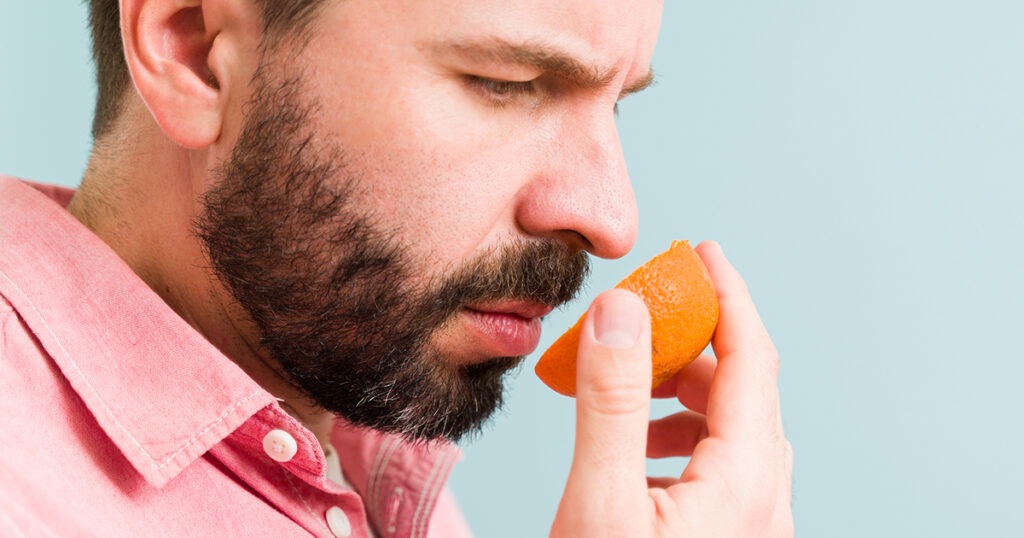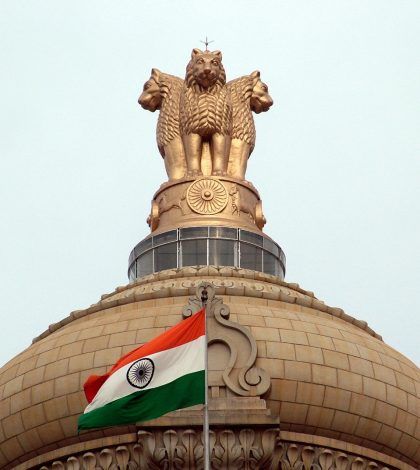In this Article we discuss about how Anthropology of Smell revels about Humanity
Millions of people have lost their sense of smell to COVID-19 and other conditions. Anthropologists are investigating the surprising significance of this underrated sense.
VIVIAN, A WASHINGTON, D.C.–based art curator, realized she had COVID-19 in December 2020. [1] “I bought a tree, and I brought it home,” she recalls. “And I thought, This tree has no smell. What did they sell me? Is this a bad tree?”
For Vivian, the moment involved more than frustration about a “bad tree.” Her loss of smell left her unable to conjure memories and even affected her sense of self.
“That Christmas was really hard,” she says. “That pine smell that I love, that I associate with childhood and my father … it’s gone. You want to grasp something, and you are grasping nothingness. It affects my sense of personhood. I’m still who I am, but there is something that has left that is very vital to my life.”
The number of people experiencing lost or distorted olfaction has risen astronomically during the COVID-19 pandemic. One study indicates that as many as 62 present of patients who tested positive for the virus experienced smell loss (known clinically as anosmia).
Many people with anosmia suffer feelings of disconnection, isolation, and depression. When COVID-19 robbed Abra, a San Francisco–based communications manager, of her sense of smell, “all the colour was taken out of life,” she says. Abra was fortunate and slowly started to regain her sense of smell. But many people remain in a scentless world years after their diagnosis.
The profound impact that smells loss has on people’s lives underscores how central olfaction is to the human experience. Though COVID-19 has shone a spotlight on smell, anthropologists have spent decades sniffing out the nuances of this mysterious and powerful sense: how it connects to our evolution, our memories, our cultural diversity, and our emotional well-being.
DANGER AND DELICIOUSNESS: THE EVOLUTION OF SMELL
Humans are typically portrayed as visual creatures, but our olfactory abilities are underrated. While many people can discriminate between several million colours and nearly half a million different auditory tones, we can smell more than a trillion odours.
Smell “has this infinite dimensionality,” says Matthew Cobb, an evolutionary neurobiologist at the University of Manchester. Yet smell remains distinctly enigmatic, he adds. “We understand how vision works, how hearing works, and more or less how taste works, how touch works, but not smell. We don’t know what the rules are.”
Olfaction is one of the first senses that evolved, and it’s an essential element of survival for many creatures. It directs organisms toward food and mates, and away from threats such as toxins and predators. “We rely on odors as a clue that something is going wrong,” says Kara Hoover, a biological anthropologist at the University of Alaska.
Melissa, a New York–based podcaster, realized how crucial scent is for safety when she lost her sense of smell. “I kept burning stuff on the stove,” she says. “I’ve sent rotten turkey to school with my kid. I have thought, What if I end up dying because I can’t smell something dangerous, like knowing whether you are going to burn the house down? I’ve literally almost done it three times. There are flames, and I’m just sitting in the other room. Anthropology of Smell Reveals About Humanity
For more information about the course please feel free to reach out Vishnu IAS Academy or Contact at 9000400939 / 8977500939 mail us at : contact@vishnuias.com


